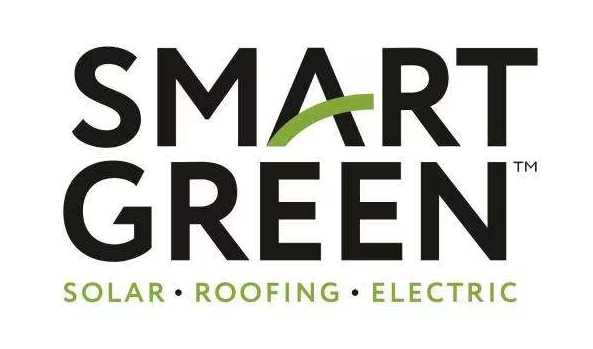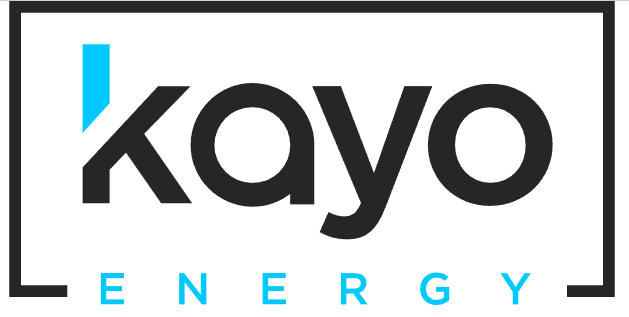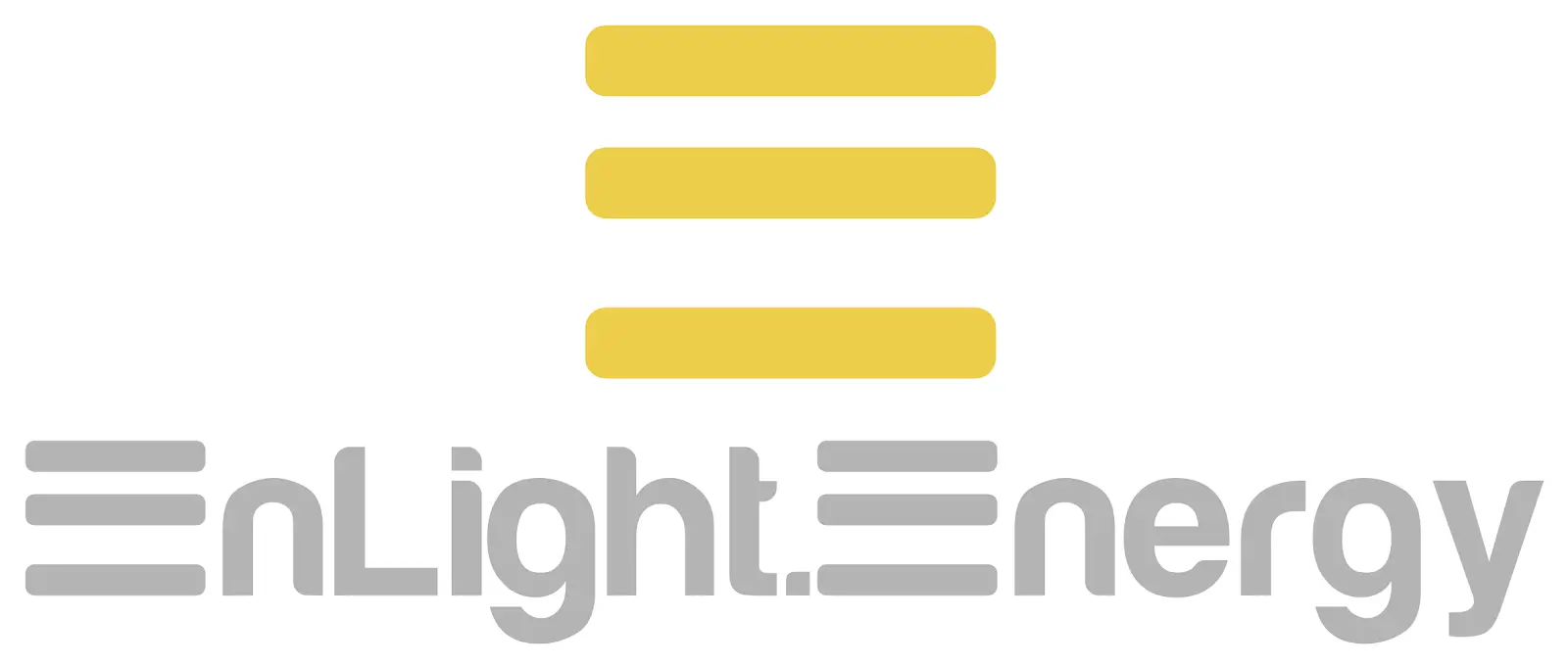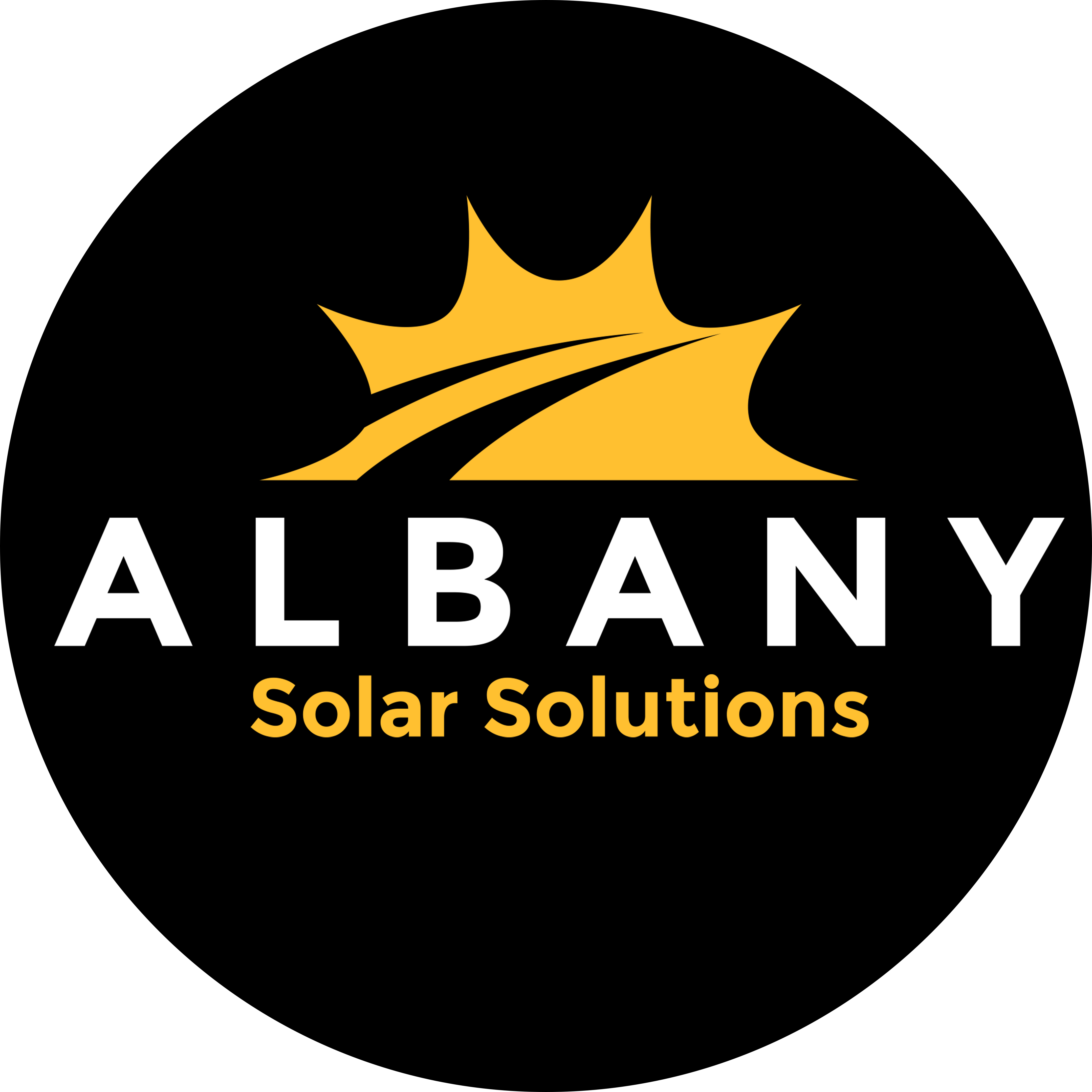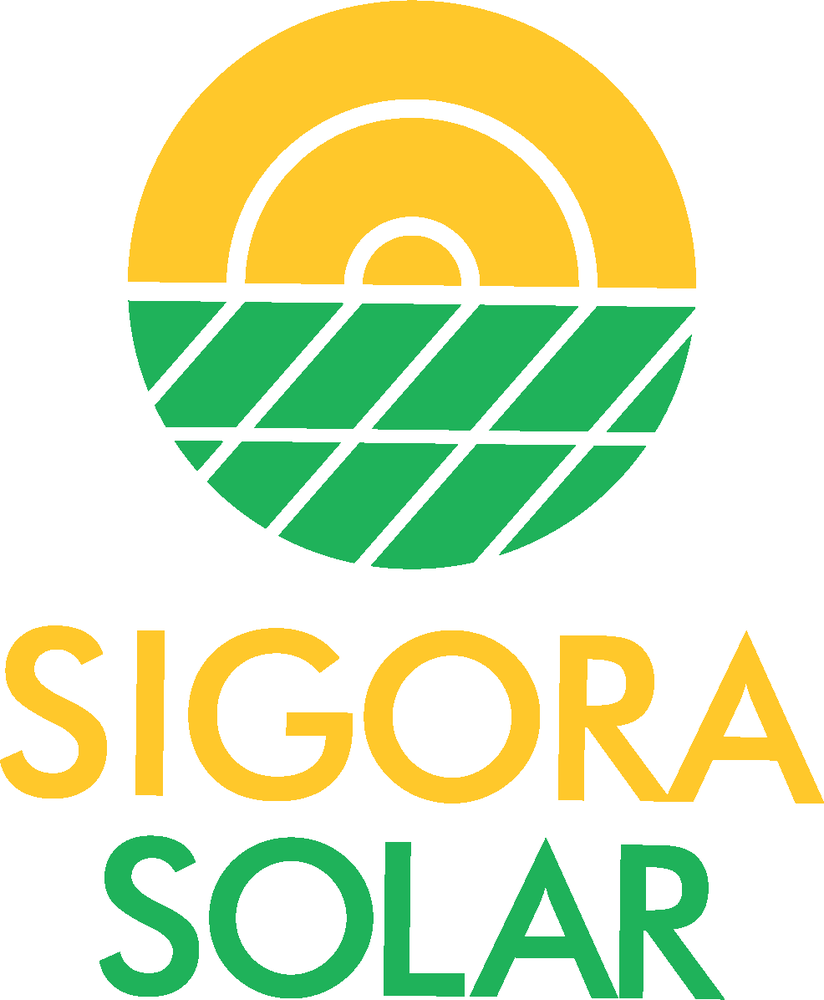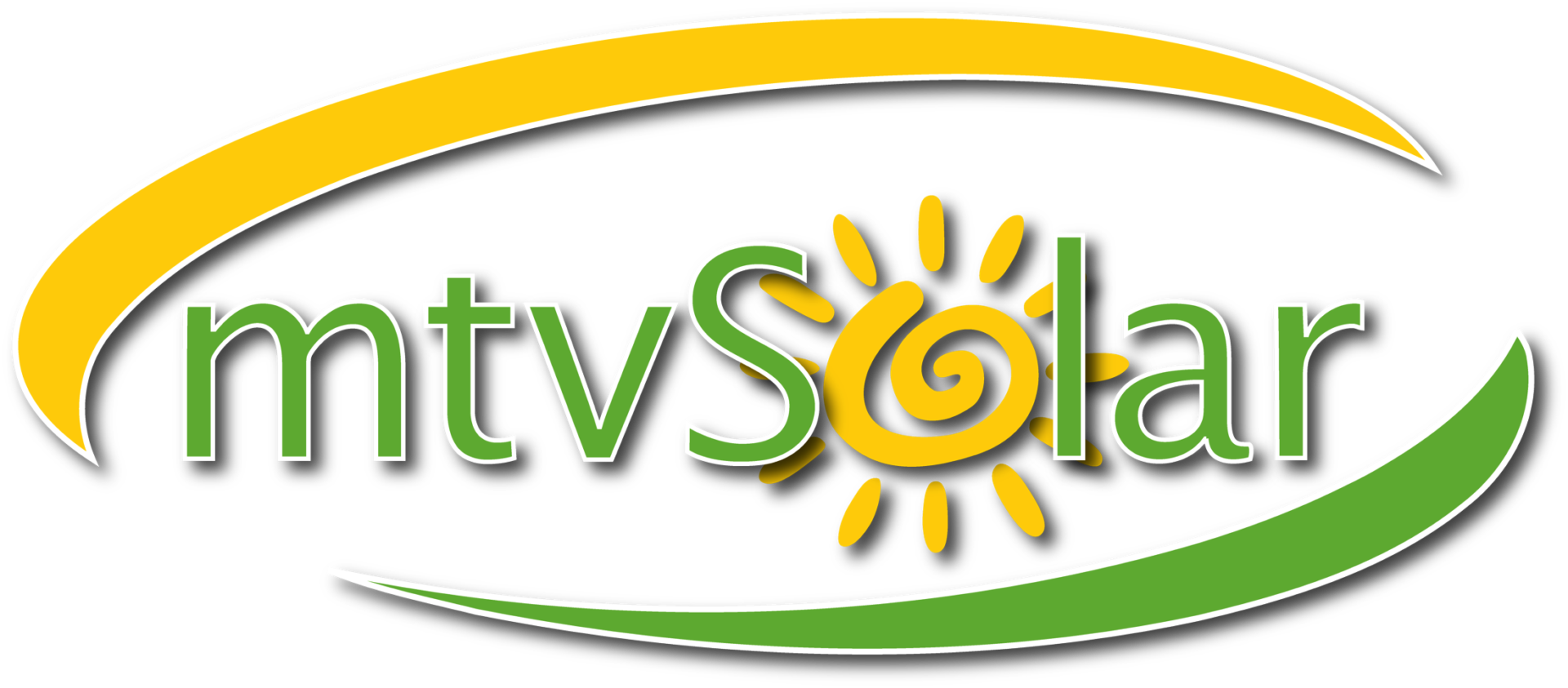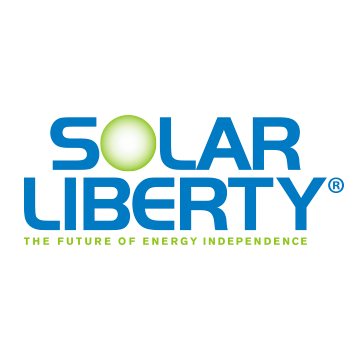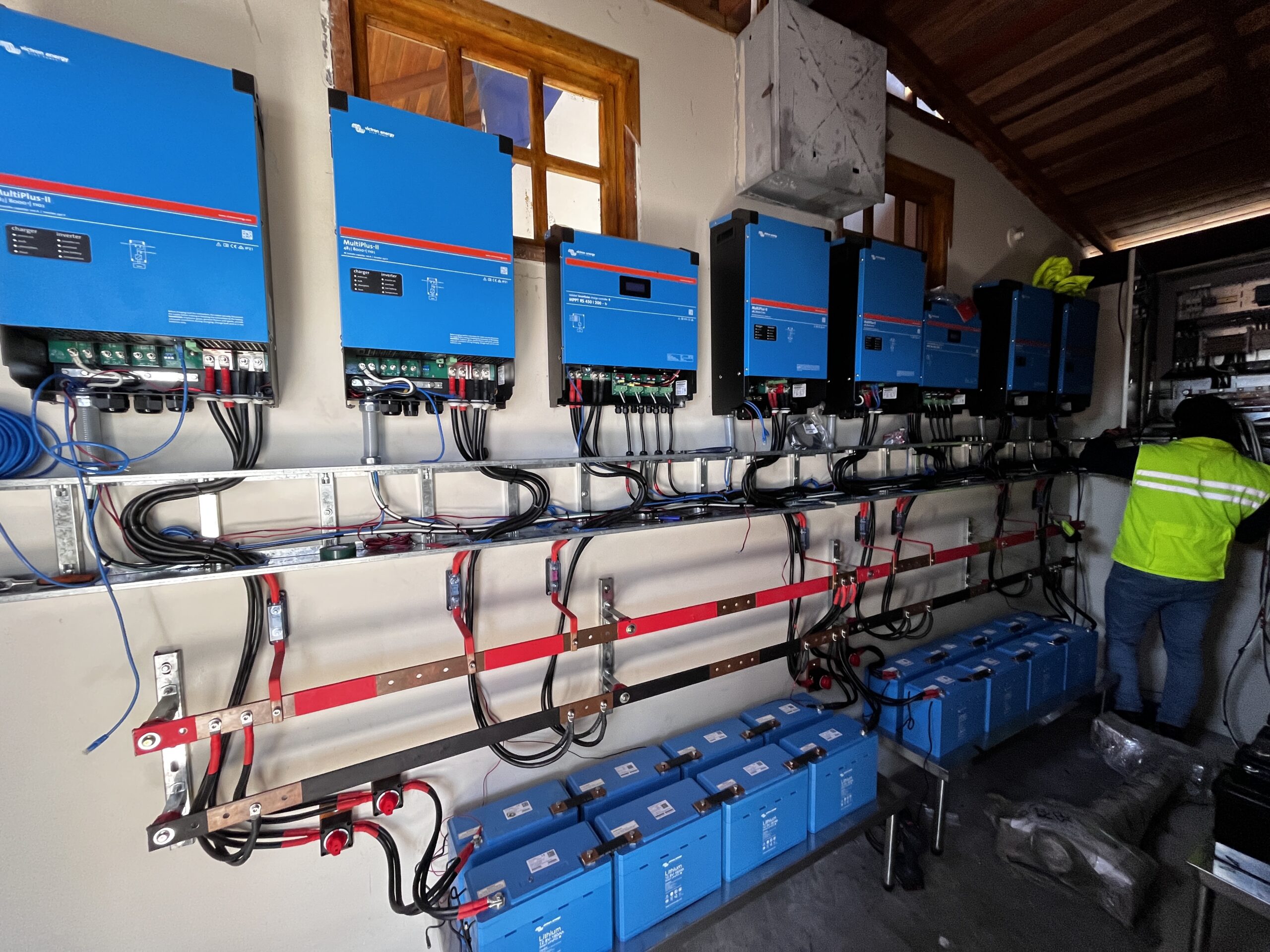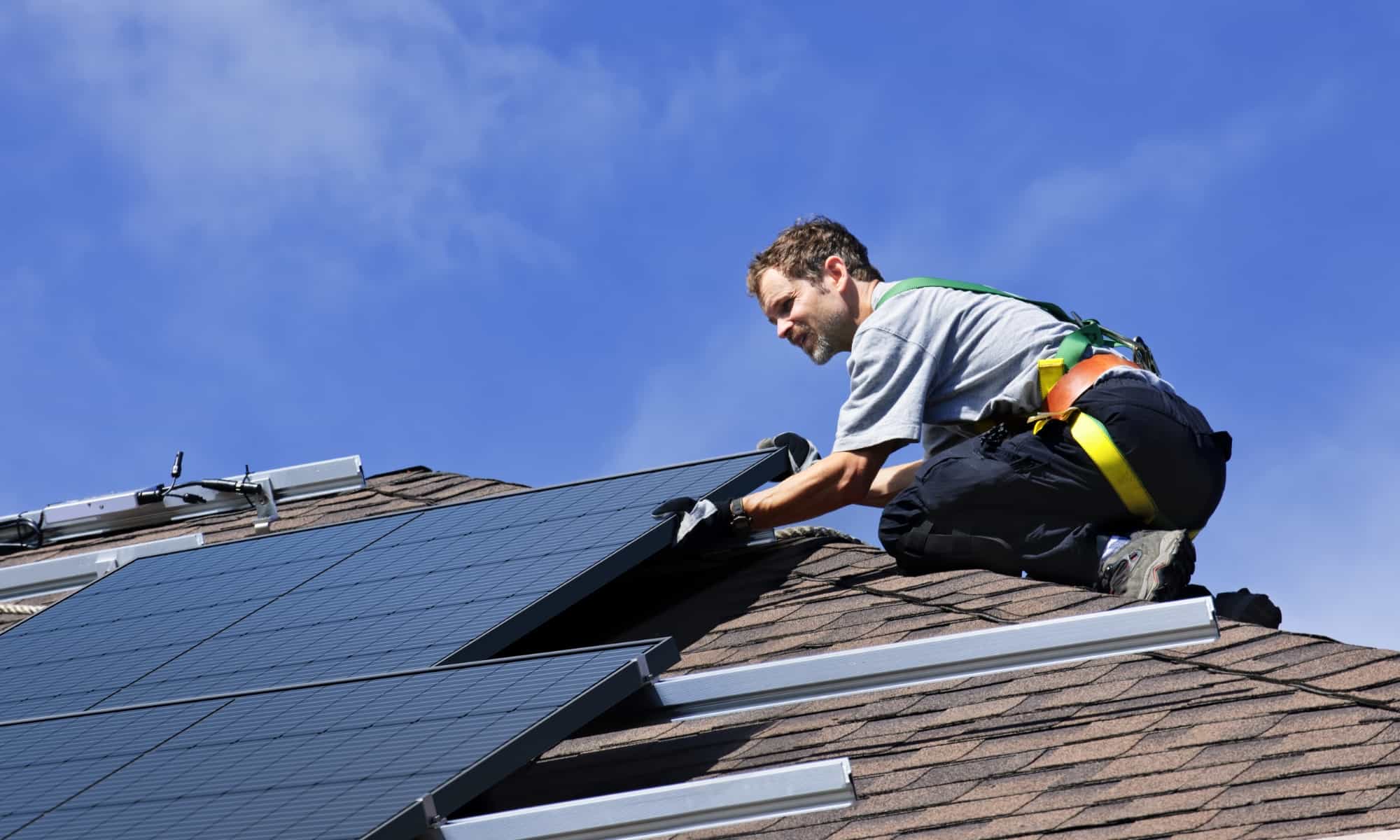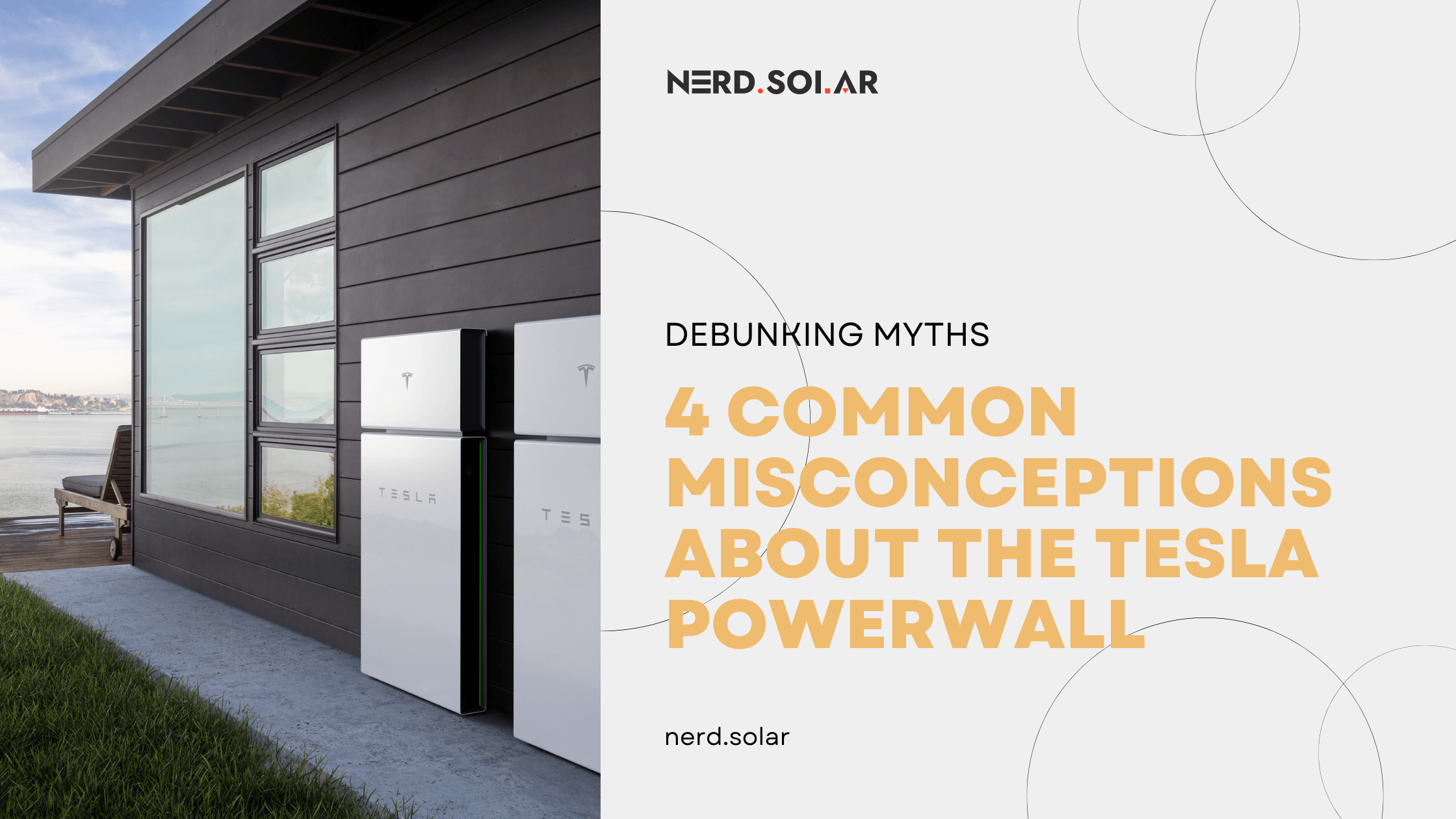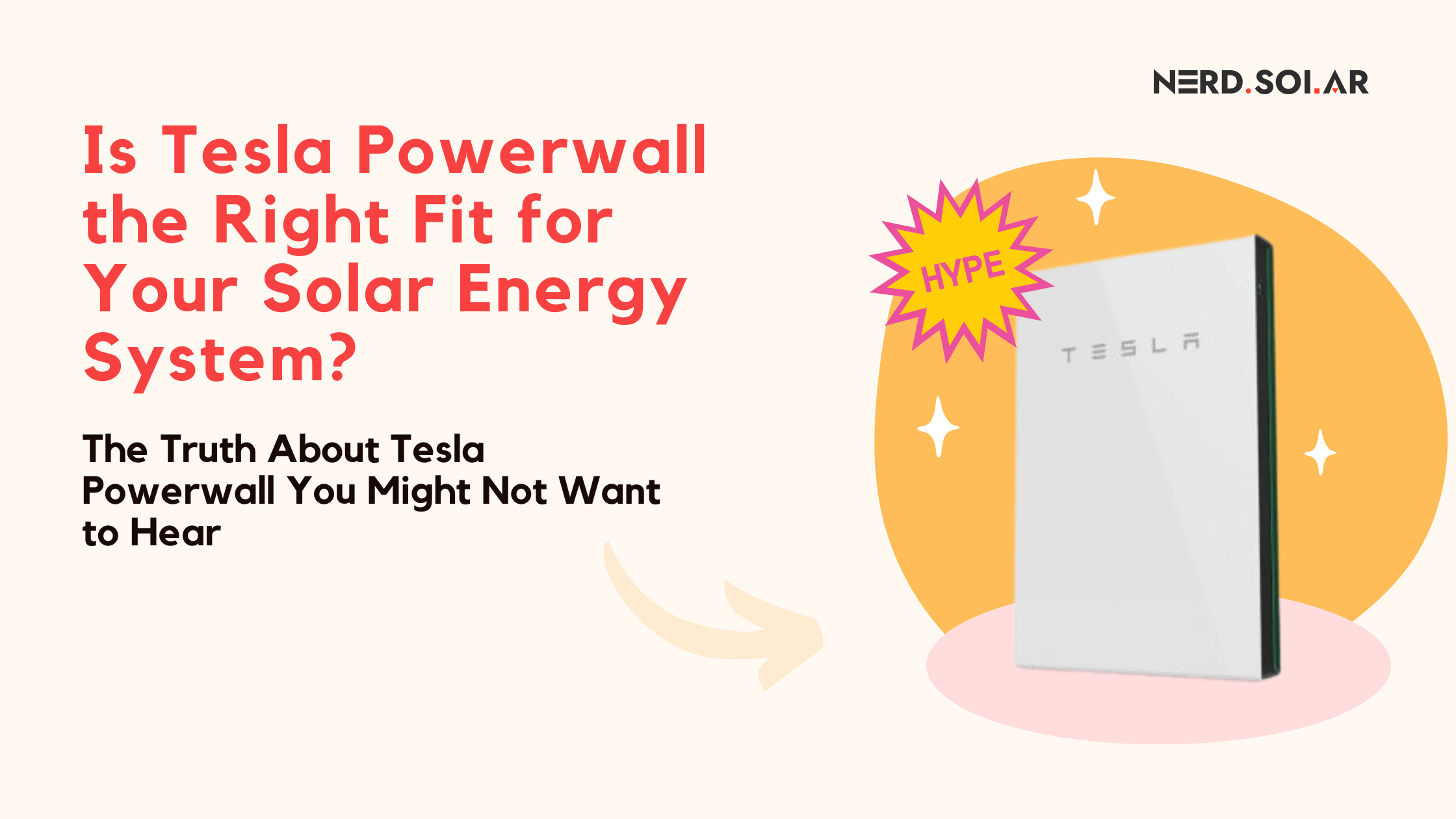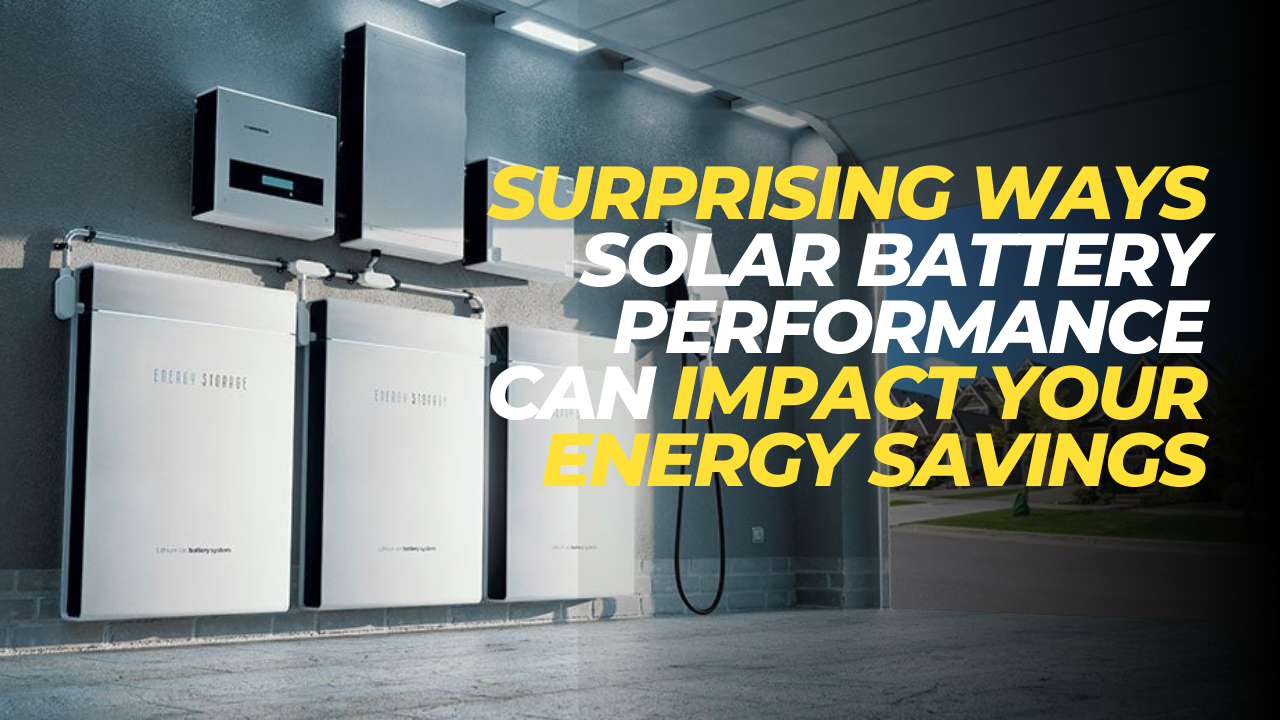How Do We Rate Solar Companies?
TL;DR: We rate solar installers from 1 to 5 stars to help you pick the best one. High stars mean they’re really good at what they do and treat their customers right. Low stars? Not so much. We give credit to companies that have been around for a while, know what they are doing, have a high standard of workmanship and equipment, don’t hire subcontractors to keep the bar of solar installation quality high and have good local reviews from real customers (yes, we check if the reviews are actually real or fake). Companies we choose as top-rated know and can help with federal and local solar incentives to help you save, have good financing plans, and guarantee their work. We’re here to point you to the solar companies that truly rock, making going solar easy and worthwhile for you.
Check our detailed review process here.
Is It Worth Going Solar in New Hampshire?
New Hampshire has some of the highest electricity rates in the nation, over 35% higher than the U.S. average.
By generating your own solar power, you can drastically reduce or even eliminate your electric bills.
The average New Hampshire homeowner can save around $2,213 per year on electricity costs by going solar. Over the 25+ year lifespan of the solar panels, that adds up to over $55,000 in electricity cost savings.
Attractive Financial Incentives
In addition to the savings on your electric bills, there are several incentives available that make going solar in New Hampshire even more financially attractive:
- The 30% federal solar tax credit allows you to deduct 30% of your solar installation costs from your federal taxes.
- New Hampshire offers a $200/kW rebate up to $1,000 or 30% of the system costs through the Residential Renewable Electrical Generation Rebate Program.
- Many cities and towns in New Hampshire offer property tax exemptions that exclude the added value of solar panels from property taxes.
- Net metering allows you to sell excess solar electricity back to the grid for credits on future electric bills.
With these incentives, the payback period for a solar investment in New Hampshire is only around 8 years on average. After that, the solar panels provide free electricity for the remainder of their 25+ year expected lifespan.
Increased Home Value
Studies have shown that solar panels can increase home values by 3-5%. In New Hampshire, a property tax exemption means this added value is exempt from property taxes in many areas. So solar panels provide a tax-free boost to your home value.
Environmental Benefits
In addition to the financial benefits, going solar allows you to reduce your carbon footprint and reliance on fossil fuels. Solar is a clean, renewable energy source that helps combat climate change. In New Hampshire where a large portion of electricity still comes from fossil fuels, this environmental benefit is significant.
Reliable and Low Maintenance
Solar panels have a long 25+ year lifespan and require very little maintenance. Once installed, they reliably produce free electricity for decades with no moving parts. Snow can temporarily reduce production but actually helps clean the panels as it melts off.
Average Cost of Electricity in New Hampshire
Going solar is a smart financial decision for most homeowners in New Hampshire due to the state’s high electricity costs and attractive solar incentives. Here’s a breakdown of the typical savings from installing solar panels in New Hampshire:
High Electricity Costs in New Hampshire
New Hampshire has some of the highest electricity rates in the U.S., averaging 24 ¢/kWh which is 37% higher than the national average of 17 ¢/kWh. The average monthly electric bill in New Hampshire is $207, or $2,484 per year. These high costs make solar an attractive option to reduce or eliminate electric bills.
Solar Savings in New Hampshire
By installing an average 8.2 kW solar panel system, a New Hampshire homeowner can offset 100% of their annual electricity usage of 10,452 kWh. This would eliminate their $2,484 annual electric bill.
Over 20 years, assuming a 5.7% annual increase in electricity prices, this translates to $88,600 in electricity cost savings. Even after accounting for the upfront cost of solar (averaging $28,000 for an 8.2 kW system before incentives), homeowners will see significant long-term savings.
The average payback period for solar panels in New Hampshire is only around 8 years. After that break-even point, the solar panels provide free electricity for the remainder of their 25+ year expected lifespan, resulting in substantial savings.
Net Metering Enhances Solar Savings
New Hampshire’s net metering policies further improve the economics of going solar. The state requires all major utilities (like Eversource, Liberty Utilities, New Hampshire Electric Cooperative, and Unitil) to offer net metering to solar customers.
With net metering, surplus electricity generated by solar panels is sent to the grid and the homeowner receives credits on their electric bill. These credits offset electricity consumed from the grid when solar production is lower (like at night or on cloudy days).
In New Hampshire, net metering credits are calculated at a favorable rate – 100% of the supply and transmission charges plus 25% of the distribution charges. Credits can be carried over indefinitely to offset future electric bills. This helps solar homeowners maximize their savings.
Average Payback Period
The average payback period for solar panels in New Hampshire is around 6-8 years. After this break-even point, the solar panels will provide essentially free electricity for the remainder of their 25+ year lifespan.
Some specific data points on the payback period:
- The average solar payback period in New Hampshire is 8 years, with most falling in the range of 6-12 years
- In New Hampshire, the average solar payback is around 6 or 7 years
Annual Savings
New Hampshire residents can save a significant amount on their electric bills by going solar. The average annual savings is over $2,000 per year.
Here is the table content in the same format for the provided data:
| System Size | Average Installation Cost (before tax credit) | Average Installation Cost (after 30% tax credit) | Estimated Annual Electricity Savings | Estimated 20-Year Savings (after installation cost) |
|---|---|---|---|---|
| 5 kW | $16,336 | $11,435 | $1,170 | $11,965 |
| 6 kW | $19,603 | $13,722 | $1,404 | $14,358 |
| 7 kW | $22,870 | $16,009 | $1,638 | $16,751 |
| 8 kW | $26,138 | $18,296 | $1,872 | $19,144 |
| 9 kW | $29,405 | $20,583 | $2,106 | $21,537 |
| 10 kW | $32,672 | $22,870 | $2,340 | $23,930 |
Specific savings data:
- The average New Hampshire homeowner can save around $2,213 per year on electricity costs by going solar
- Over 20 years, assuming a 5.7% annual increase in electricity prices, solar translates to $88,600 in electricity cost savings for an average 8.2 kW system
Net Metering Policies
New Hampshire requires the major utility companies to offer net metering to solar customers. With net metering, surplus solar electricity is sent to the grid and the homeowner receives credits that offset future electric bills.
Key details on New Hampshire’s net metering:
- Eversource, Liberty Utilities, New Hampshire Electric Cooperative, and Unitil must offer net metering to solar customers
- Net metering credits are calculated at a favorable rate – 100% of the supply and transmission charges plus 25% of the distribution charges
- Credits can be carried over indefinitely to offset future electric bills, helping maximize savings
- The current net metering rules apply to solar installations under 1,000 kW until January 1, 2041
New Hampshire Solar Incentives
Federal Solar Investment Tax Credit (ITC)
- Provides a 30% tax credit on the total cost of your solar panel system
- Credit can be carried over for up to 5 years
- Average savings of $7,352 in New Hampshire
Residential Renewable Electrical Generation Rebate Program
- State rebate of $0.20 per watt of solar installed, up to $1,000 or 30% of system cost
- One-time rebate applied when you pay for your solar project
- Average rebate of $1,000 in New Hampshire
Property Tax Exemption for Renewable Energy
- Exempts the added home value from solar panels for property tax purposes
- Ongoing savings every year your solar system is installed
Net Metering
- Allows you to earn credits for excess solar energy sent back to the grid
- Credits can be used to offset future electric bills
- All major utilities in NH required to offer net metering
Local Incentives
- Some cities and utilities offer additional rebates and incentives
- Eversource offers a battery storage rebate through the Connected Solutions program
These incentives can significantly reduce the upfront cost and provide ongoing savings for the 25+ year lifespan of the solar panels. Checking for additional local utility incentives can provide even more savings.
Are There Any Community Solar Programs in New Hampshire?
Yes, there are community solar programs available in New Hampshire, although they are still in the early stages compared to some other states. Here are the key points about community solar in New Hampshire:
New Hampshire Community Solar Rules
- New Hampshire authorized community solar development in 2013 under the Group Net Metering Policy.
- Up to 6 MW per year may be designated as community solar projects.
- A portion of this capacity is dedicated to providing solar to low and moderate-income (LMI) customers.
Low-Moderate Income (LMI) Community Solar Program
- In 2022, New Hampshire passed Senate Bill 270 establishing a Low-Moderate Income (LMI) Community Solar Program.
- This program allows up to 6 MW per year of community solar projects to be designated as eligible to receive a special net metering rate adder if they serve LMI customers.
- LMI customers who are enrolled in the Electric Assistance Program (EAP) can be assigned to these projects on an opt-out basis and will receive on-bill credits.
First Open Community Solar Project
- The town of Jaffrey is working with ReVision Energy to develop the first publicly available community solar project in New Hampshire.
- Residents and businesses in the Eversource utility territory will be able to buy shares in this project to lower their electricity bills and support renewable energy.
- The project aims to come online in 2025 and demonstrate the potential for more community solar in the state.
Challenges for Community Solar in NH
- New Hampshire’s net metering rules have made larger, publicly available community solar projects financially challenging compared to neighboring states.
- Projects over 100 kW only receive credit for the electricity itself, not transmission and distribution costs.
- There are also some regulatory challenges, like requiring group members’ consumption to equal production.
Despite the challenges, there is growing interest and some progress in developing community solar programs in New Hampshire.
The LMI program, Jaffrey project, and potential future policy changes could open up more opportunities for residents, businesses, and municipalities to access the benefits of solar through community projects.
